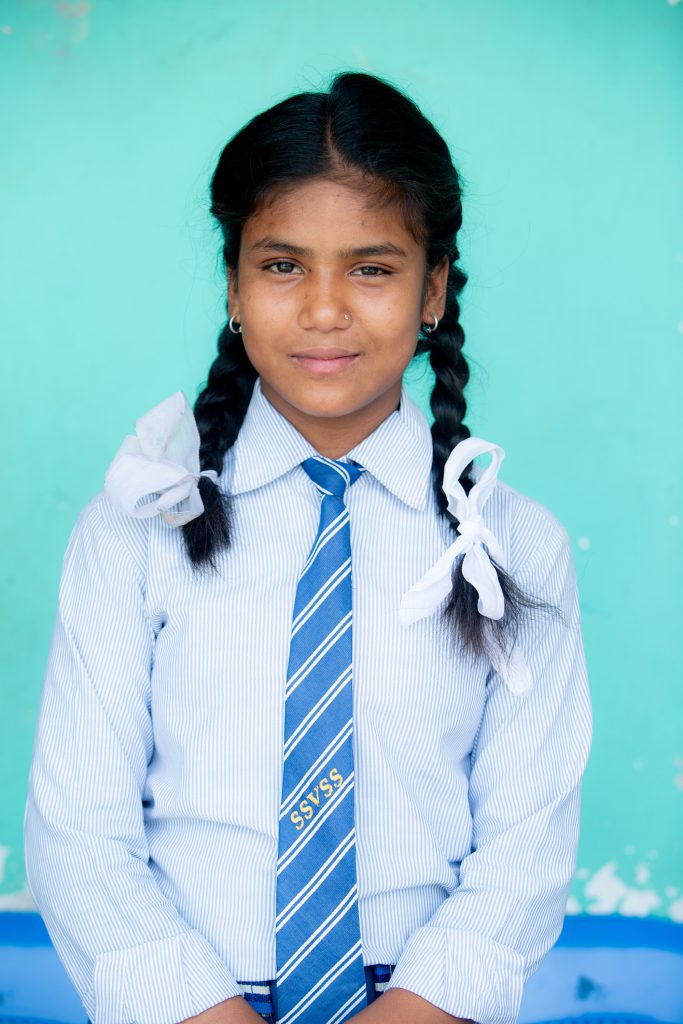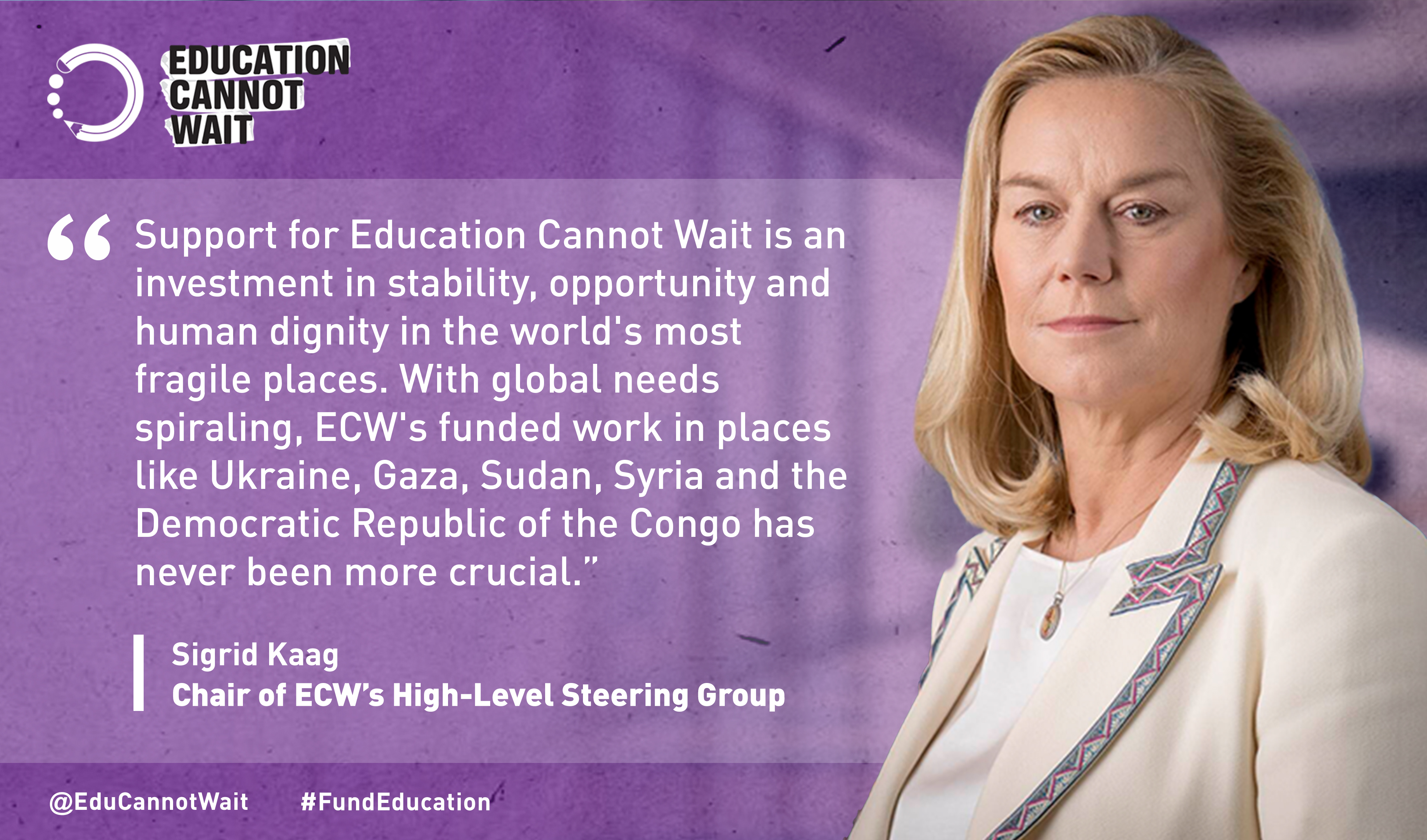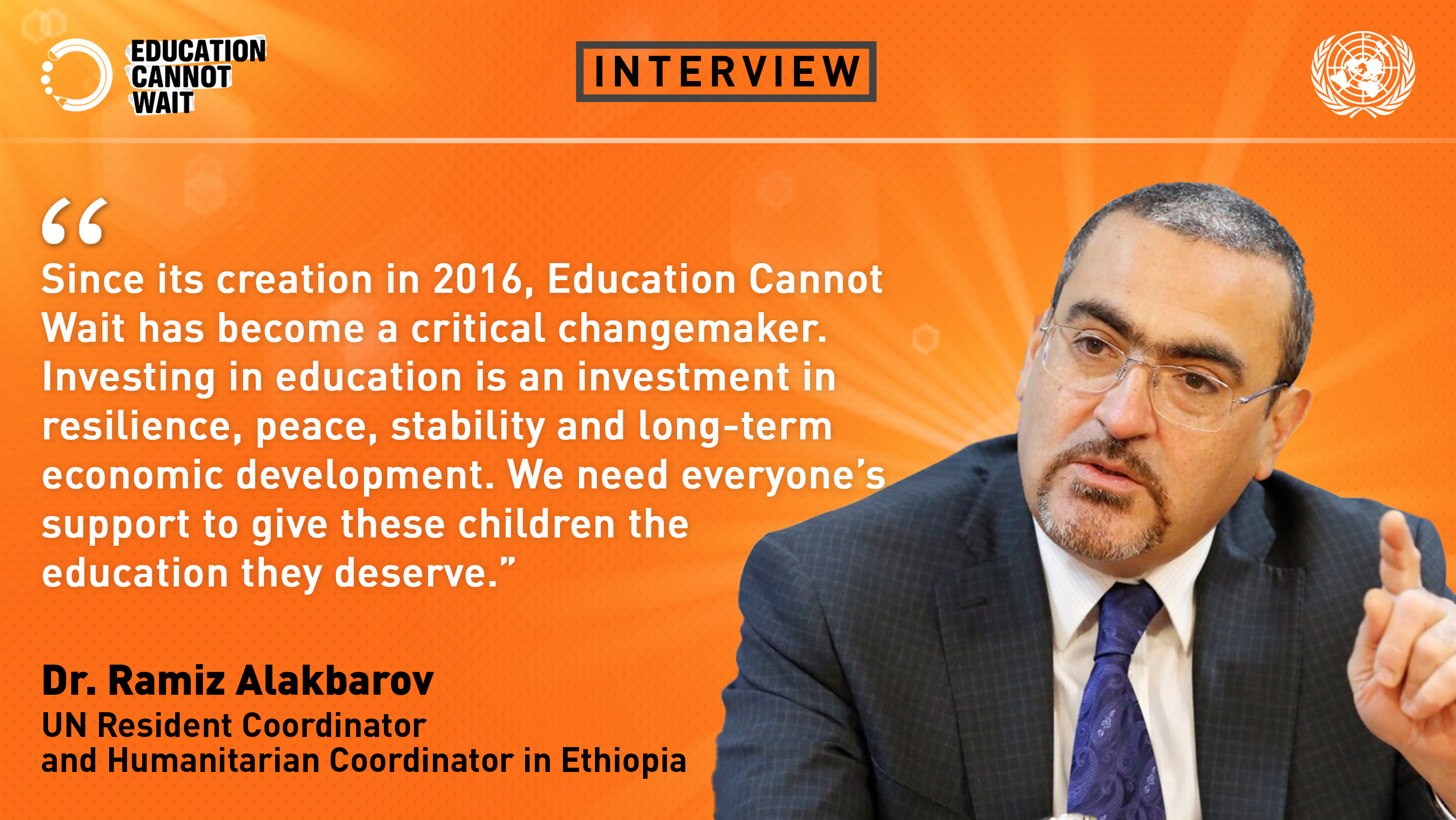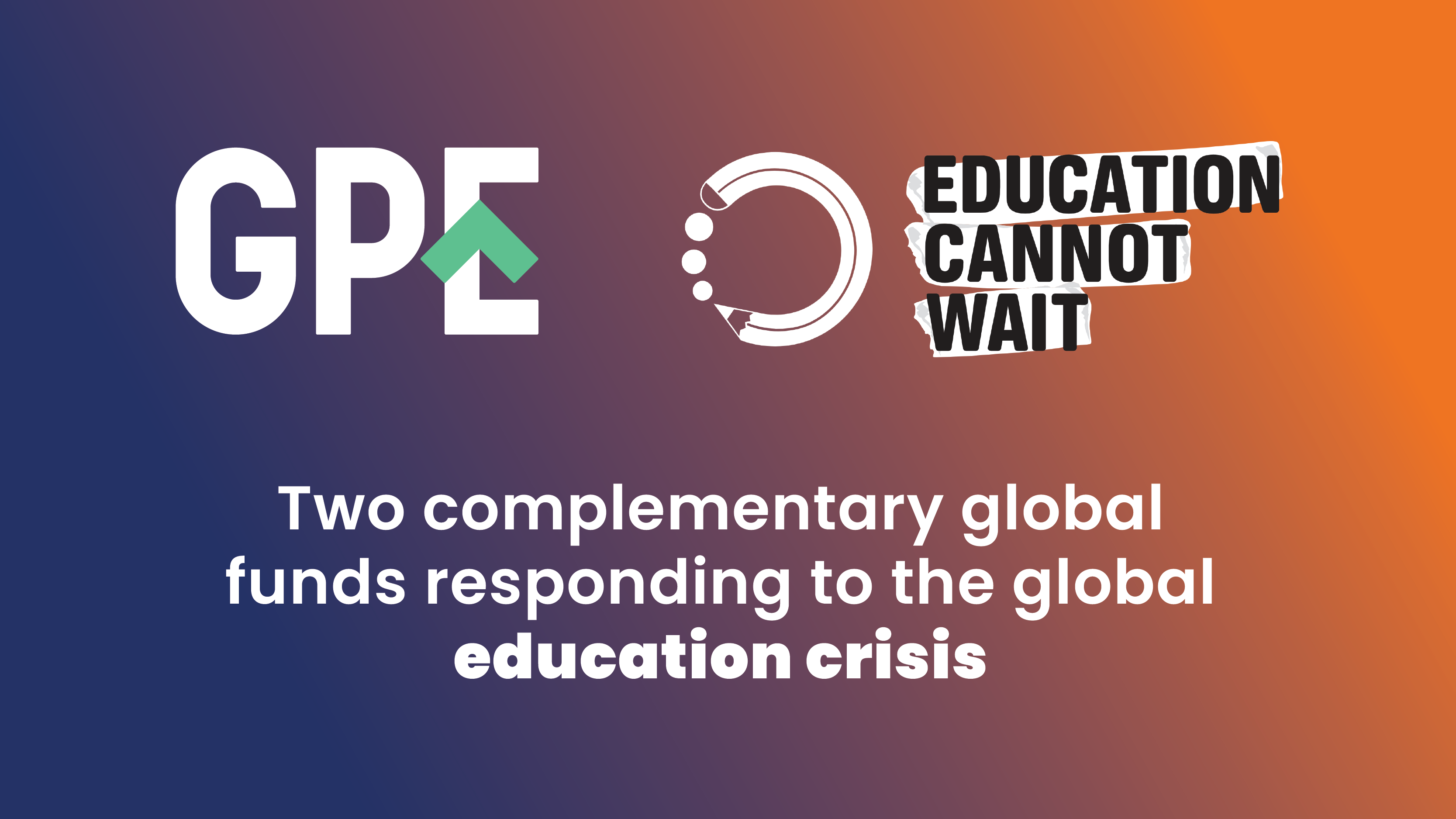Resilience in the Face of Adversity


After the devastating floods in Nepal, a chance at an education helps a young orphaned girl find opportunity, hope and security
Stories from the Field
Special Contribution by UNICEF
Chitwan, Nepal – Thirteen-year-old Manjita* wants to be a social worker one day. The fourth grader from Chitwan District in Nepal’s west is keen on helping people who might not have had the best starts in life.
It is a subject that hits very close to home for her. In her short life, Manjita has been orphaned, missed school, suffered through floods that further impacted her education, and found new hope through a programme backed by Education Cannot Wait and implemented on the ground by UNICEF to get children like her back to learning after the recent floods.
A DANGEROUS PATH
Manjita’s memory of her early childhood is blurry. She knows she is originally from Rolpa District in the far west, but has little recollection of her parents, whom she lost at a very young age.
After living on the streets in Chitwan, working as a cleaner in a restaurant in exchange for room and board, she eventually found her way to an orphanage.
This marked the beginning of a new life for her. Orphanage officials enrolled Manjita at the Shree Siddhi Binayak Secondary School, in grade one. This was the first time she had ever been inside a school, and the transition wasn’t easy for her.
“The other students in my class were much younger and they called me ‘didi’ (older sister). I felt embarrassed around them,” she says. “I didn’t want to go.”
REDUCING RISK
Even as Manjita was struggling to settle into her new life as a student, the area was hit by heavy monsoon flooding in August 2017. Shree Siddhi Binayak was not spared. Floodwaters entered the classrooms and destroyed most of the materials therein, as well as damaging the toilets and other facilities. With classes disrupted by the floods for almost a week, Manjita, already having a hard time at school, was at even greater risk of dropping out and returning to the life of destitution that she had just left behind.
Recognizing the increased risks for children as a result of the disaster, UNICEF – with support from Education Cannot Wait – quickly reached out to Manjita and other vulnerable students like her in flood-hit schools to provide assistance to ensure that they stayed in class.
To encourage their return to school, Manjita and 13 other orphaned children at Shree Siddhi Binayak were each given a package of educational supplies, including a set of notebooks, pencils, pens, erasers, pencil sharpeners and a geometry box. This allowed them to more easily pick up their studies where they had left off before the flood. Manjita was also counseled by her teachers, the vice principal and Programme Officer under the ECW project Shashi Kala Pandey about the importance of continuing her education. Eventually, she says, she came to understand that this was an opportunity she should not squander.
In addition, UNICEF under the ECW-financed programme also helped to restore the toilets, and hand-washing and drinking-water facilities in the school that had been rendered unusable by the floods.
The support was part of Education Cannot Wait’s US$1.8 million First Emergency Response in Nepal, which has reached over 170,000 girls and boys like Manjita.
Manjita today loves going to school. She enjoys her social studies and Nepali lessons in particular, and also has a flair for art and drawing. She has also been an active participant in school activities, such as the handwashing demonstrations and disaster risk reduction trainings that were conducted as part of the ECW investment through the school’s child club.
What’s more, the School Management Committee and the local government have now agreed to continue providing educational supplies to other needy students like Manjita in the days to come.
*Name changed
Education Cannot Wait’s ‘Stories from the Field’ series features the voices of our implementing partners, children, youth and the communities we support. These stories have only been lightly edited to reflect the authentic voice of these frontlines partners on the ground. The views expressed in the Stories from the Field series do not necessarily reflect those of Education Cannot Wait, our Secretariat, donors or UN Member States.



